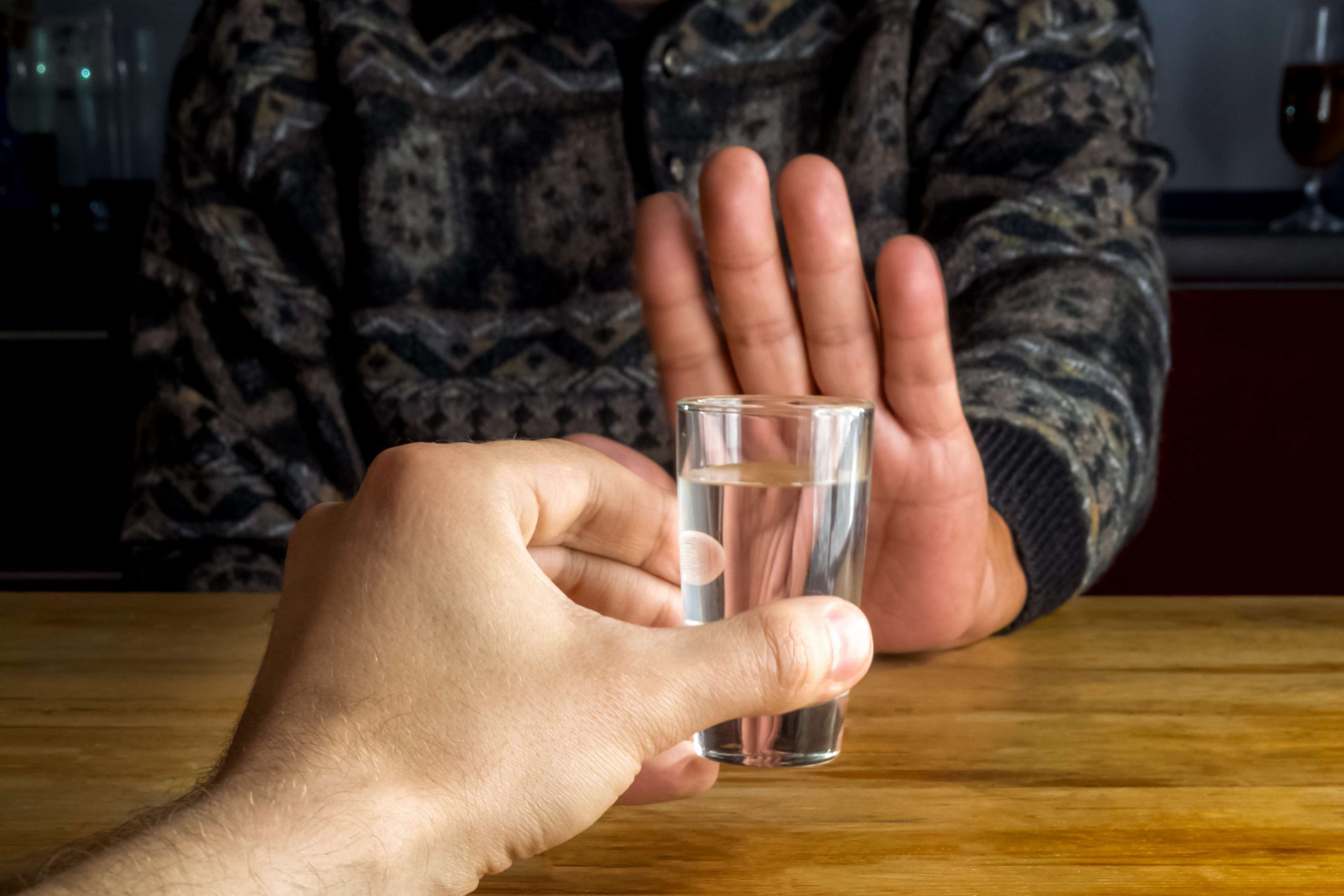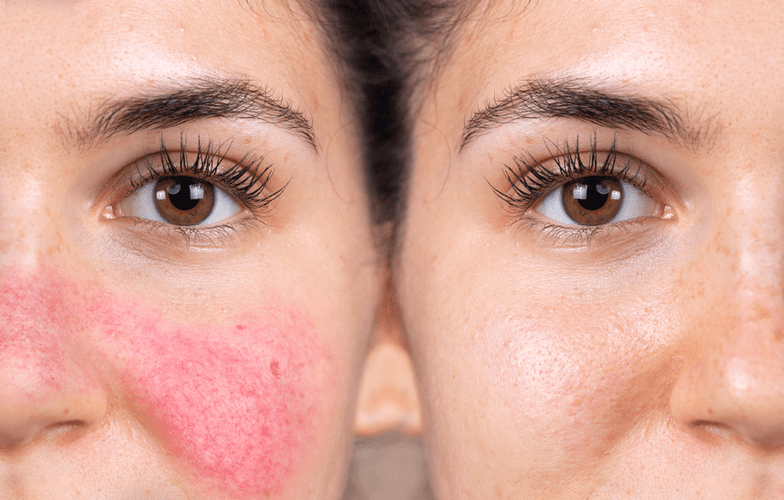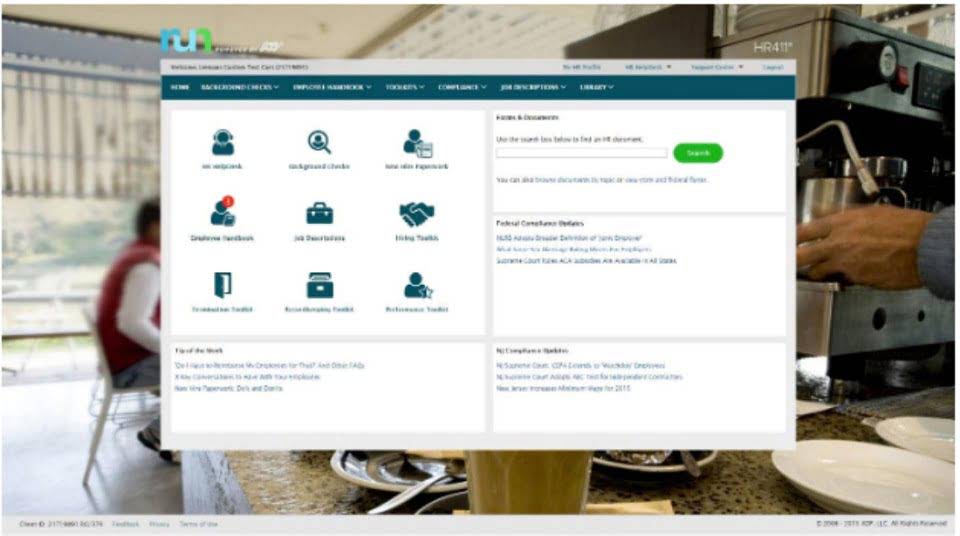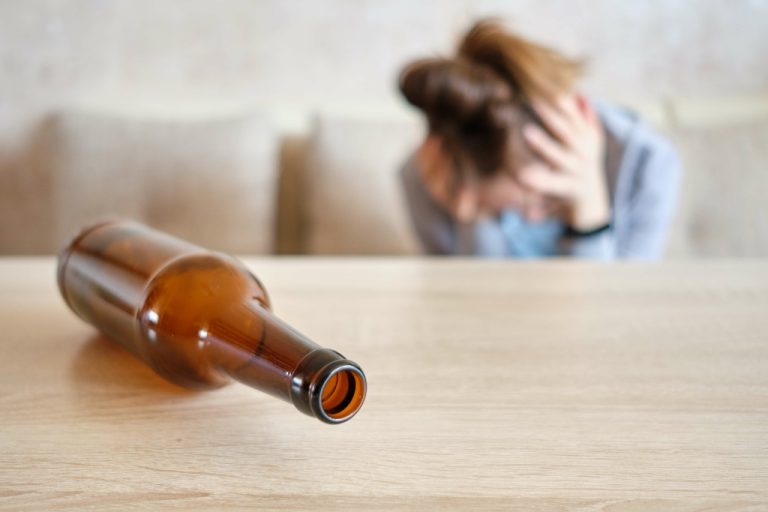Managing Post-Acute Withdrawal Syndrome (PAWS) can be challenging, and a strong support network plays a vital role in recovery. Various resources are available to individuals experiencing these prolonged symptoms. Building a supportive network of family, friends, and professionals is crucial in navigating these challenges effectively. Employing these strategies can help individuals navigate the challenges of PAWS and support sustained recovery. Recovery is an ongoing process that requires commitment beyond initial treatment phases.
What does abrupt withdrawal of barbiturates cause?
Sudden cessation can lead to seizures and delirium, which may be life-threatening without medical intervention. If an individual has been misusing barbiturates, additional treatment in a drug rehab program may be recommended following detox to promote long-term addiction recovery. Substance abuse professionals recommend detox for anyone who has become physically dependent on barbiturates. Tapering off a barbiturate drug gradually with the guidance of a medical professional or a full addiction treatment team can help prevent serious dangers during barbiturate detox. Educating oneself about this condition, seeking professional help, and nurturing supportive relationships can transform PAWS from a roadblock into a steppingstone for long-term sobriety and wellness. During medical detox at Evoke Wellness, you’ll go through barbiturate withdrawal in a safe, medically supervised environment.
Carolina Recovery
Medications may be prescribed to manage physical and psychological symptoms. During a medical barbiturate detox, the focus is on making the patient comfortable and managing their symptoms and vitals to keep them safe. During barbiturate withdrawal, a patient can also begin psychiatric medications when necessary -which can help stabilize them as they begin actual addiction treatment. Detox safely purges the drug and eliminates any harmful chemicals to restore the body to a state prior to substance abuse. Detox is most effective when performed under the supervision of health professionals, as medical detox programs can help manage the debilitating symptoms of withdrawal. Medical detox takes into account the type of Barbiturate an individual is dependent on, how long an individual has misused the drug, and the level of drug dependency an individual is exhibiting.
Patients may experience migraine headaches, substance use disorder, and symptoms of barbiturate addiction. Long-term support and therapy are crucial during this stage to address the psychological aspects of withdrawal and reduce the risk of relapse. Abrupt cessation or gradual tapering of these medications can lead to withdrawal symptoms ranging from mild anxiety to severe seizures and life-threatening complications. Barbiturate withdrawal can be dangerous if it is not closely monitored or regulated by health professionals. Medically-supervised detox provides a safe and successful treatment plan for those struggling with Barbiturate addiction.
What are barbiturates?
Wherever you decide to withdraw from barbiturates, your healthcare professional will guide you in tapering off the drug slowly so you will experience less severe side effects. As we’ve explored, barbiturate addiction can happen faster than you may realize. With prolonged use, tolerance builds, requiring higher doses to achieve the same effect. Seeking medical detox and further treatment through facilities like Evoke Wellness can help you reclaim your health and break free from addiction. Their comprehensive programs utilize therapeutic techniques to address underlying causes while providing the support and resources needed for long-term recovery.
Severe symptoms that require medical attention
During the first phase of the withdrawal process, patients can ride out the severest withdrawal phase under the care and support of trained medical staff. Doctors can prescribe safe, legal medications to lessen some of the discomforts of withdrawal symptoms. Following the initial first days after people stop barbiturate withdrawal: understanding the process taking barbiturates, symptoms can include insomnia, irritation and changes in mood.
- Our teen treatment center is a haven that fosters transformative healing for teens grappling with addiction.
- Once assessment is complete, the detox process typically involves a gradual reduction of the barbiturate dosage.
- It’s also essential for pregnant women to avoid barbiturates and seek medical care for detox if necessary, as well as for teens.
- It induces a state of unconsciousness, ensuring patients are unaware and pain-free during surgery.
The risk of overdosing on barbiturates is significantly increased when the drug is combined with other depressants such as alcohol. Recovery Guide LLC does not endorse any treatment provider, and we do not guarantee the quality of care, outcomes, or results from any treatment program listed or advertised on our site. All information is provided for informational purposes only and is not a substitute for professional medical advice. Due to a high risk for seizures, entering an inpatient setting for at least a few days is highly recommended. Getting off a barbiturate drug, particularly in cases of drug abuse, can be most safely accomplished within a drug detox program. All of these factors, as well as the setting in which you undergo detox, can influence just how severe symptoms become and for how long withdrawal symptoms last.
Recognizing these symptoms early can help in seeking appropriate medical intervention. Addiction Resource is an educational platform for sharing and disseminating information about addiction and substance abuse recovery centers. Addiction Resource is not a healthcare provider, nor does it claim to offer sound medical advice to anyone. Addiction Resource does not favor or support any specific recovery center, nor do we claim to ensure the quality, validity, or effectiveness of any particular treatment center.
- The majority of detox options are inpatient and are typically conducted within an inpatient rehabilitation facility or hospital.
- When used irresponsibly for recreational purposes, they can cause a multitude of health problems including blood-related complications, liver disease, and seizures.
- They are addictive, and they’re also used during physician-assisted suicides and in cases of capital punishment.
- Barbiturate withdrawal can lead to severe seizures, which may cause brain damage or even be fatal if untreated.
Continued therapy, regular check-ins with medical professionals, and a strong support system reduce the risk of relapse and help individuals maintain a healthy, drug-free life. Overall, preventing barbiturate withdrawal involves a multifaceted approach that includes gradual tapering, addressing underlying issues, and implementing supportive measures. If you or someone you know is struggling with barbiturate dependence or withdrawal, it’s essential to seek professional help to ensure a safe and effective recovery. Another key aspect of preventing barbiturate withdrawal is to address any underlying issues that may have led to the use of these medications in the first place.
How Can I Manage Barbiturate Withdrawal Symptoms?
Secobarbital, a powerful barbiturate, was once widely prescribed for sleep disorders and anxiety. While it can be effective in medical settings, this drug also carries a high risk of dependence. Many people who use secobarbital for extended periods develop a tolerance, needing larger doses to feel the same effects 1.
This can make it extremely difficult to quit using barbiturates without professional help and a comprehensive detox program. By the end of this article, you will have a thorough understanding of the steps involved in achieving a successful and safe recovery from barbiturate addiction. It is not safe to quit barbiturates cold turkey or without medical supervision. Barbiturate withdrawals are very dangerous, and patients are at a high-risk of developing severe medical complications during the withdrawal phase. It’s better for the addict’s and their families’ safety if they undergo a medically supervised detox. If someone quits cold-turkey, their chances of experiencing medical complications are high.


























